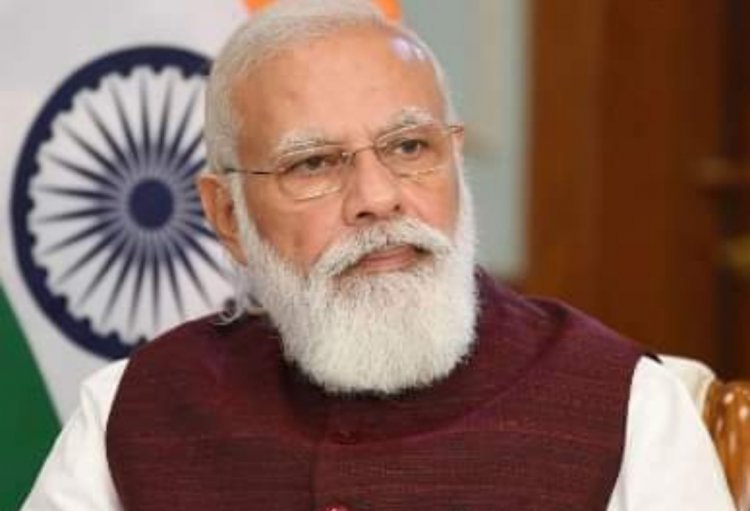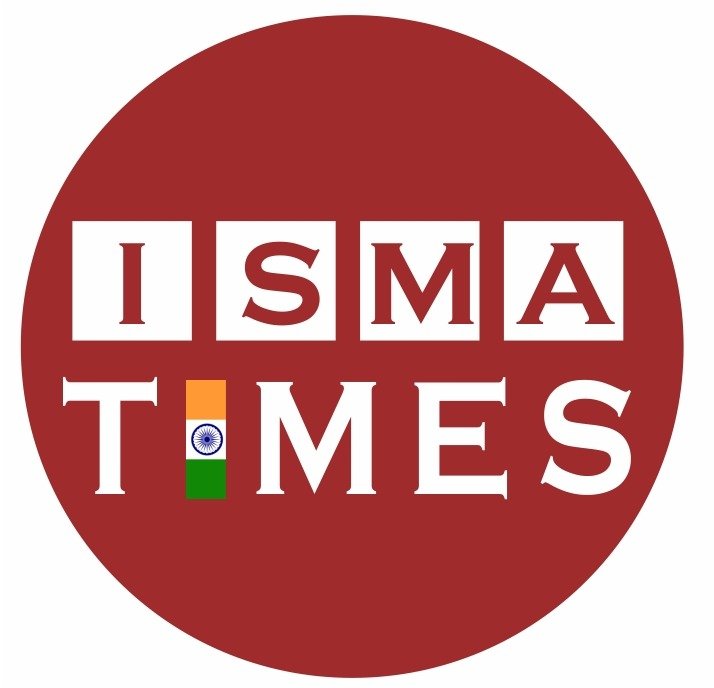No religious divide: 46% Hindus & Muslims feel ‘Modi govt portrayed too favorably by news media’
A report by Delhi-based think tank Lokniti-CSDS & Germany's Konrad Adenauer Stiftung uses data to show how different communities are consuming news & how the media landscape is changing. = ANUPRIYA CHATTERJEE

New Delhi: Both Hindus and Muslims perceive news coverage of PM Modi as biased and there is a stark gap in trust among supporters of opposition political parties on news outlets, said a report by Delhi-based think tank Lokniti-CSDS and Germany’s Konrad Adenauer Stiftung.
“Both Hindus and Muslims who consume news through various media sources are equally likely to believe that the Modi government is portrayed too favourably by the news media (46%). Only around one in five news consumers said that the media in India gives balanced political coverage — neither is it too favourable towards the government/opposition nor is it too unfavourable,” stated the report.
Titled ‘Media in India: Access, Practices, Concerns and Effects’, the report used data to show how different communities are consuming news and how the media landscape is transforming.
According to the data shared in the report, “Muslim news consumers are less trusting of the news media (all types of it) than Hindu news consumers are, even though the order of trust among both the communities is the same. Both Hindus and Muslims are least trusting of online news websites. Their trust levels in private news channels and AIR news is quite low too.”
And when it comes to media coverage of PM Modi, both communities largely seem to be on the same page about the perceived media bias.
The extent of trust-deficit also depends on political leanings, stated the report which was released Thursday.
“Those leaning towards Congress and regional parties are less trusting of all types of media compared to those inclined towards the BJP. Congress supporters are, on average, the least trusting,” the report shared.
All Doordarshan news channels and media still remain the most-trusted.
The findings of the report are based on a sample survey of 7,463 Indian citizens aged 15 years and above, carried out in January this year across 19 states and union territories, excluding parts of the North-East and Kashmir.
Patterns of news consumption also differed among supporters of the ruling BJP and opposition parties. The report claimed that most readers of English newspapers supported the Congress, while consumers of Hindi news seemed to incline more towards the BJP.
“The proportion of individuals that mostly read the newspaper in English is around 3% only. However, among this tiny segment the Congress enjoys the most support. English newspaper readers were a tad more likely to support the Congress than the BJP. This is not the case among readers who read newspapers in other languages,” the study noted.
The respondents of the survey were, interestingly, quite divided on the “ethicality/morality” aspect of government surveillance of content on social media, revealed the report.
“45% of social media users believe there is nothing wrong with it (surveillance) and 40% believe it is wrong. Active users of Facebook and Whatsapp are the most likely to be concerned about their privacy being compromised while using the two platforms. Signal’s active users appear to be the least concerned about their privacy being compromised while using the app,” the report stated.
People have also bestowed trust on government services and websites for information, while Google and Yahoo also enjoy trust when it comes to privacy-related matters. Social media companies on the other hand are the “least trusted” for privacy issues.
“Social media companies are the least trusted. In fact, they are more likely to be not trusted (38%) than be trusted (37%). The perception that the government monitors people’s online and phone activities is strongest among active internet users of North West and North India. Many in South India gave a qualified answer that the government monitors only some people, not all,” said the report.
- The Print

















